Bachelor of Biology
Overview
The College of Science at Al Baha University was established based on the Royal Decree 9682/MB dated 5/8/1426 AH, where studies began in 1427 H, in order to contribute effectively to expanding the base of higher education in the regions of the Kingdom in the fields of basic and applied sciences to meet the needs of the market. Work in the government and private sectors. In the academic year 1430/1431 H, admission to the Biology Department was opened for the bachelor’s degree in the biotechnology program, then admission to the general biology program was activated in the academic year 1435-1436 H.
The Biology Department offers a study program that leads to the award of a bachelor's degree in general biology. The Bachelor of Science in Biology program helps male and female students to work in various fields, and qualifies them to develop their scientific and practical skills. It also prepares them to continue their graduate studies and research in various fields of life sciences.
Program Vision
Distinguished biological program in education and scientific research to serve the community.
Program Mission
Providing distinguished educational and research program in biological sciences to prepare graduates that contribute community service through motivating academic environment and efficient use of the resources.
Program Objectives
- Improving the quality of teaching and learning of the biology program.
- Providing graduates with modern theories, skills, and techniques in biology that meet the current and future needs.
- Developing adequate environment for continuous education and learning in biological sciences.
- Conducting scientific research in the field of biology.
- Creating effective partnerships with community.
Program outcomes
First: knowledge
- Explains the basic principles and theories associated with biology and other sciences.
- It mentions the processes, materials, and techniques used in the identification, classification, structure, functions, behavior, and natural environments of living organisms.
- Explains scientific methods, methods, and techniques used in biological sciences
Second: Skills
- Employs scientific methods and methods to solve problems related to biology.
- Uses laboratory equipment, tools, and techniques in scientific investigation
- Applies written and oral communication skills effectively and efficiently to convey information to others.
Third: Values, independence and responsibility
- Participates effectively in teamwork by taking the initiative to search for the resources and information required to carry out tasks.
- Demonstrates leadership, independence, and responsibility in communication, self-learning, and task completion.
- It adheres to the principles and ethics of contemporary citizenship by protecting the environment, preserving wildlife, and appreciating national wealth.
Career opportunities
- Jobs for which students are qualified:
- Teaching assistants at public and private colleges and universities
- Scientific researcher
- Teaching at all levels of public education in the government and private sectors (Ministry of Education).
- Laboratory preparers
- Laboratory technicians in hospitals and health centers
- Laboratory technicians
Relevant professional sectors
- Ministry of education
- Ministry of Health
- Ministry of Environment, Water and Agriculture.
- Ministry of Municipal and Rural Affairs and Housing
- Standards and Metrology Authority
Graduate characteristics
The biology program approves the graduate attributes of Al Baha University
Program administrative committees
First: Quality Development Committee
Second: Curriculum and Study Plans Committee
Third: The Academic Guidance and Counseling Committee
Fourth: The Schedules and Tests Committee
Sixth: The Committee for Postgraduate Studies and Scientific Research
Seventh: Alumni Affairs Committee (a committee represented by the college as members)

